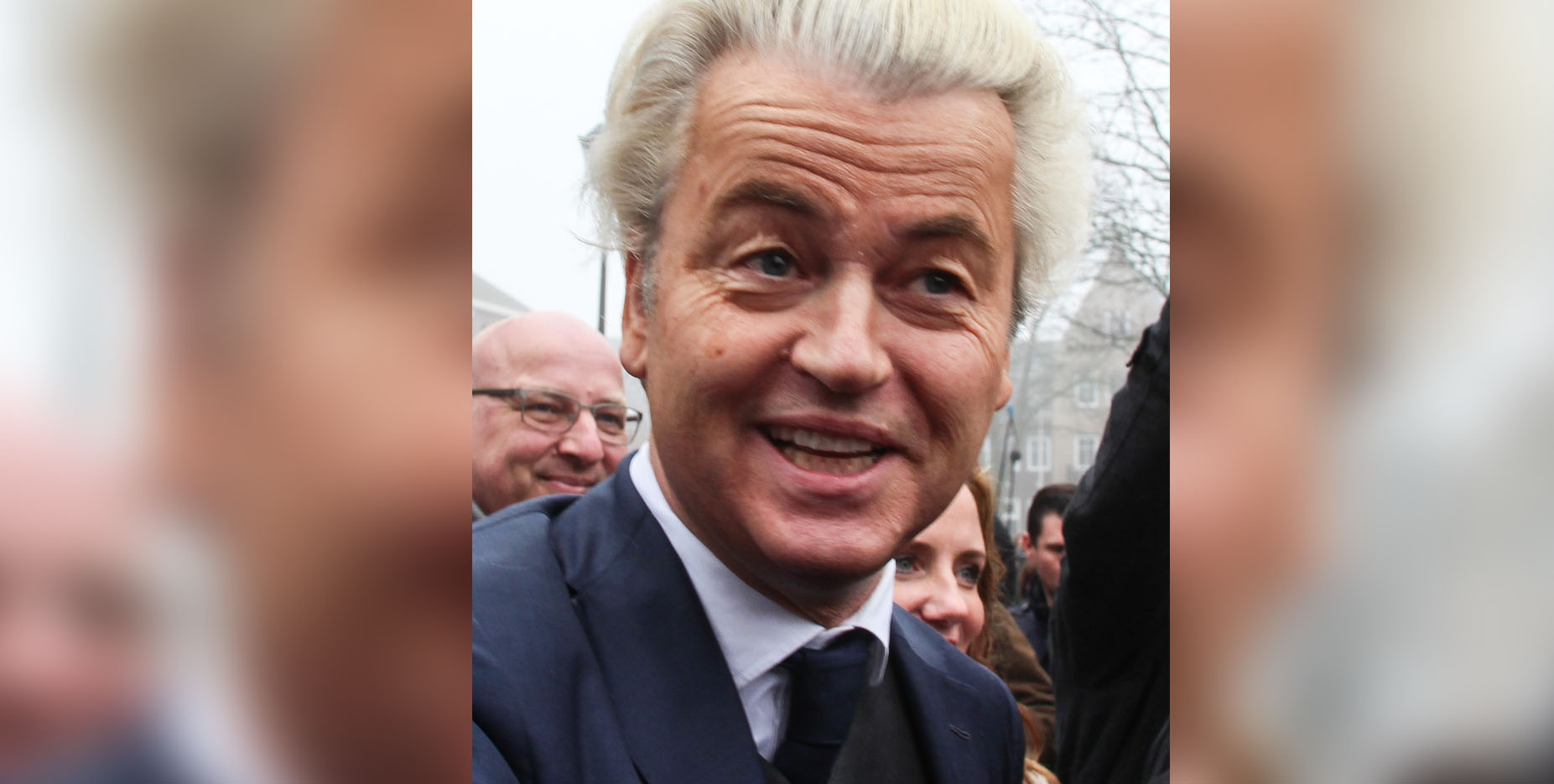
Harun Nasrullah
Dutch politician Geert Wilders, famed for his anti-Islam stance, forged a coalition government agreement on May 16 alongside three other party leaders, heralding a shift towards the far right in the Netherlands.
The coalition agreement, finalised after six months of tumultuous negotiations, incorporates rigorous measures targeting asylum seekers, discontinues family reunification for refugees, and endeavours to reduce the enrolment of international students in the country.
The document explicitly states, “Deport people without a valid residence permit as much as possible, even forcibly.” Wilders remarked optimistically, “The sun will shine again in the Netherlands. It is the strongest asylum policy ever.”
The outspoken politician asserted that he had ensured the acceptance of the core principles of his programme by the three other coalition parties.
Wilders’ manifesto calls for the prohibition of Islamic schools, mosques, and the Qur’an. Furthermore, he has proposed holding a referendum on EU membership, aiming for a departure from the bloc like Brexit.
Wilders has forged political alliances with far-right European figures such as Hungarian Prime Minister Viktor Orbán, Italian Prime Minister Giorgia Meloni, and French opposition leader Marine Le Pen.
They share criticisms of Brussels, viewing it as a hindrance to their nationalist agendas, albeit to differing extents. The increasing integration of right-wing and populist parties into various EU governments, coupled with the potential for their influence to grow further in the upcoming EU elections, may lead to a shift towards anti-immigrant, socially conservative, and nationalist agendas in the political landscape of Brussels.
Photo: Far-right Dutch politician Geert Wilders forged a coalition government agreement earlier this month.
(Credit: Peter van der Sluijs/Wikimedia)